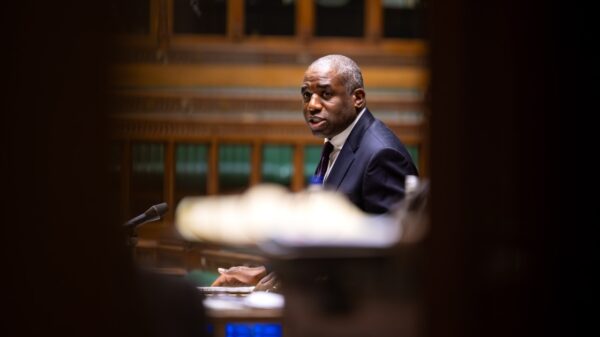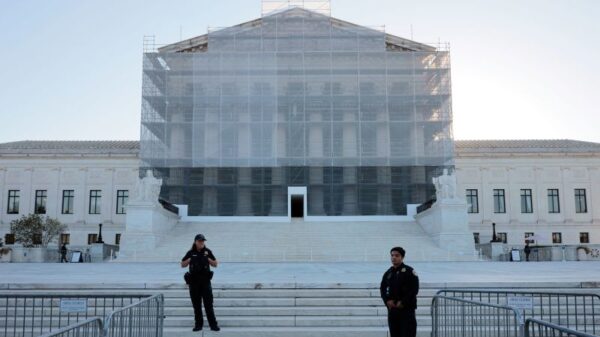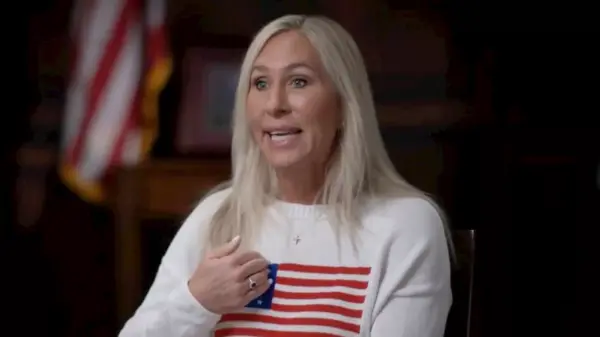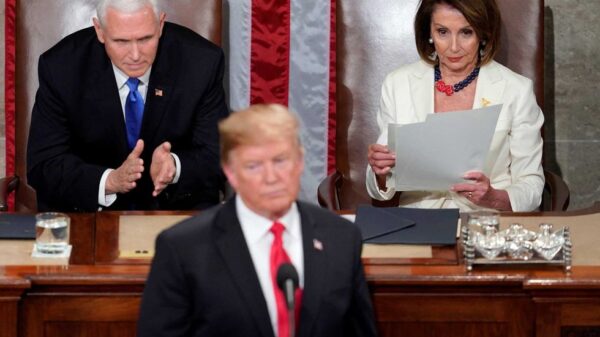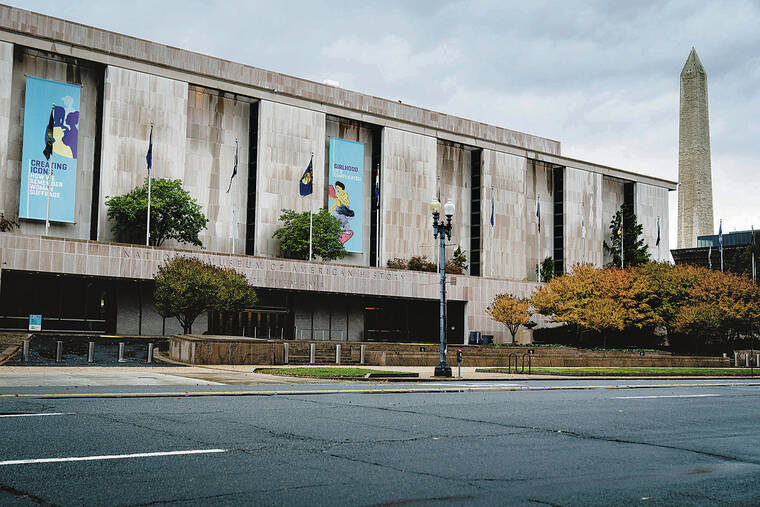The National Park Service and the Smithsonian Institution have been instructed to eliminate signage that “inappropriately disparages Americans past or living.” This directive raises questions about how historical narratives are framed and the implications of public discourse regarding past political figures.
In a letter to the editor published in the Honolulu Star-Advertiser, resident John Sharp of Mililani called for consistency in applying this policy. Sharp argued that vilifying predecessors in political history is neither appropriate nor beneficial. “How about applying that policy to members of past administrations?” he wrote, suggesting that a more respectful approach to history is necessary.
The directive from federal authorities aims to ensure that public messaging reflects an inclusive narrative that honors all Americans, regardless of their historical standings. Sharp’s commentary touches on the broader issue of how political discourse can often lead to divisive interpretations of history. He emphasizes that blaming former leaders does not contribute to constructive dialogue.
The Honolulu Star-Advertiser encourages public engagement through letters to the editor, welcoming submissions that are concise and articulate. The newspaper invites opinions up to 150 words and guest columns ranging from 500 to 600 words, with a commitment to edit for clarity and length.
As this discussion unfolds, it highlights the delicate balance between historical accountability and respectful representation of all figures in American history. The treatment of past administrations may play a significant role in shaping current political landscapes and public understanding.
For those wishing to participate in the conversation, the Honolulu Star-Advertiser provides avenues for submissions, reminding readers to include their name, address, and daytime contact information. The editorial team is available to assist with any inquiries regarding letter submissions.
This ongoing dialogue underscores the importance of how history is portrayed and the responsibility that comes with public narratives. The challenge lies in honoring past contributions while fostering a culture of respect and understanding among differing perspectives.









